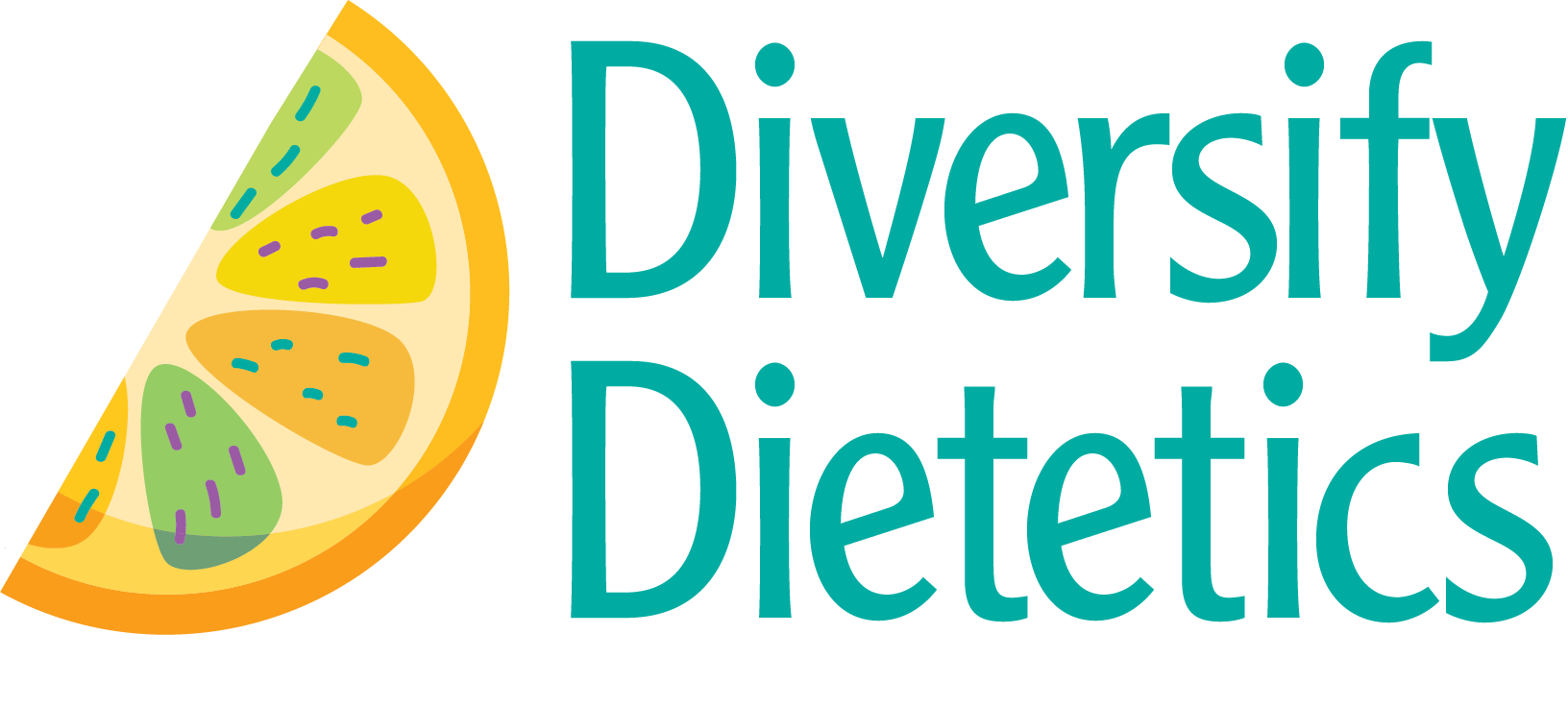RDN Spotlight: Rabiya Bower, RD, LDN
What is your ethnicity/race? Did your family have any customs related to food? Please describe.
My family’s heritage is South Asian with East African influences. My parents (and many generations) were born and raised in Tanzania, but our roots are in Gujarat, India. Our food and culture are a blend of both! There’s a certain type of biryani (rice and meat dish) we have at celebrations, like weddings or for Eid. We’re also Muslim, so there are some religious influences there, too.
Ramadan starts in April this year, and I’m looking forward to making certain celebratory foods - deep-fried samosas, all sorts of mithai (sweets), and lots of extra sweet chai (tea). It tastes better at the mosque shared with friends, but my at-home versions will have to do this year.
Where/when did you go to undergrad/dietetic internship/grad school?
MHSc from Cedar Cedar Crest College, expected May 2021 Focus: Nutrition Program Planning
DI at Cedar Crest College, 2013 Focus: Community Nutrition
B.S. Nutritional Sciences from Pennsylvania State University, 2009
Why did you decide to choose nutrition and dietetics as a career?
Due to my diagnosis with type 1 (insulin-dependent) diabetes at age 9. My family struggled to find culturally relevant dietetics care in the 1990s. I wanted to become a Certified Diabetes Educator (CDE) to help others diagnosed with this condition. My career led me towards more general nutrition education, while still being able to work with people with diabetes. I love translating the science of nutrition to the consumer level, in a way that is relevant and meaningful to their personal health.
What do you do now as an RDN and what does a typical day/week look like for you?
I just started a new position as full-time faculty and coordinator for a new MS/RDN program at Thomas Jefferson University. The program has a focus on social justice, and I’m so excited to teach and guide the next generation of RDs.
I’ve spent the last few years in retail dietetics and loved being a resource for my community. Whether I was hosting grocery store tours, leading workshops, or teaching cooking classes, I loved connecting and serving the community. Every day was different and I had enough flexibility to set my own schedule and pick projects autonomously. I was also the face of health and wellness for my retailer, and was able to work with local sports teams, food banks, universities, and other businesses.
What is/was the biggest challenge for you in becoming a dietitian and how did you overcome that challenge? This can be related to being an RD of color or not just any challenge?
I never saw my cultural foods held up as an example of “healthy eating” during my education. This affected my family personally after my diagnosis with insulin-dependent diabetes. My parents literally didn’t know what to feed me! Now, as an RD, I can teach others about the inherent nutrition values of the foods I grew up eating.
Being able to help others from my culture understand their food is inherently healthy has been both a challenge and a joy. I know there is room for dietitians of all backgrounds to learn this type of information, but it needs to be included and prioritized in didactic education.
Have you had any mentors in your career if yes how have those mentors affected your career/life?
Yes! So many, both formally and informally. They have provided advice, a sounding board, and networking opportunities to help me grow. Their experience and insight have helped me make the right decisions in my career. Most importantly, they are my cheerleaders - they push me and encourage me to challenge myself and seek out new opportunities.
Why do you think diversifying this field is important
Our field is part of allied healthcare, and I think it’s important to remember the care part. Can we even provide meaningful health-related programs without care? I don’t think so.
We need to understand all the communities we serve and understand that care and compassion are integral to serving those communities. To provide impactful, meaningful, and culturally responsive care, we need RDs from all sorts of diverse backgrounds to lead the way.
What is a piece of advice you would give a student of color interested in entering the field of dietetics?
Don’t be afraid to lean into your authentic self, when you can. Remember your why - what inspired you to join this field? Reach out to professionals you admire. I'm so honored when someone asks for my advice and opinion on their career. Study hard, but have fun!

